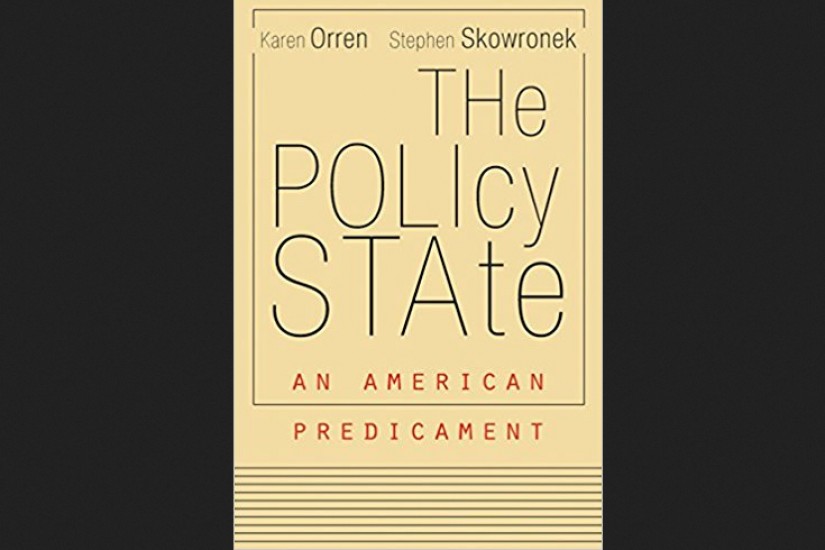At its best, the arrangement Obama described promises to bring democratic accountability to the rule of experts. Politicians set the goals, technocrats figure out how to achieve them, and on Election Day voters decide whether the two have delivered on their promises. This way of thinking is so entrenched that it’s all but impossible to imagine an alternative. Of course the point of politics is policy. What else could it be?
Except it hasn’t always been this way. The notion that a government’s chief obligation is getting stuff done is a fairly recent arrival on the historical scene. Not until the twentieth century did it attain the commonsensical status it enjoys today. As Antonin Scalia observed with characteristic snark, the Constitution “contains no whatever-it-takes-to-solve-a-national-problem power.” Policy arose in fits and starts over centuries, and the legacy of that jagged evolution is still with us. Today, policymaking has taken over a government that is nonetheless bound by the Constitution; politicians promise to swoop in and fix whatever has gone wrong, while working in a system that is designed to curb the impulse to intervene. That tension has helped bring us to our current impasse, where Americans ask more than ever from a government they increasingly distrust.
Understanding how we arrived at this juncture is the task that political scientists Karen Orren and Stephen Skowronek have set for themselves in The Policy State. Completed at the onset of the Trump administration, it is a slender volume that draws upon their decades of research on the making and remaking of American political institutions. The book is also a sterling example of political science at its best: analytically rigorous, historically informed, and targeted at questions of undeniable contemporary significance. In the measured tones of senior academics, Orren and Skowronek uncover a transformation that revolutionized American politics and now threatens to tear it apart.
